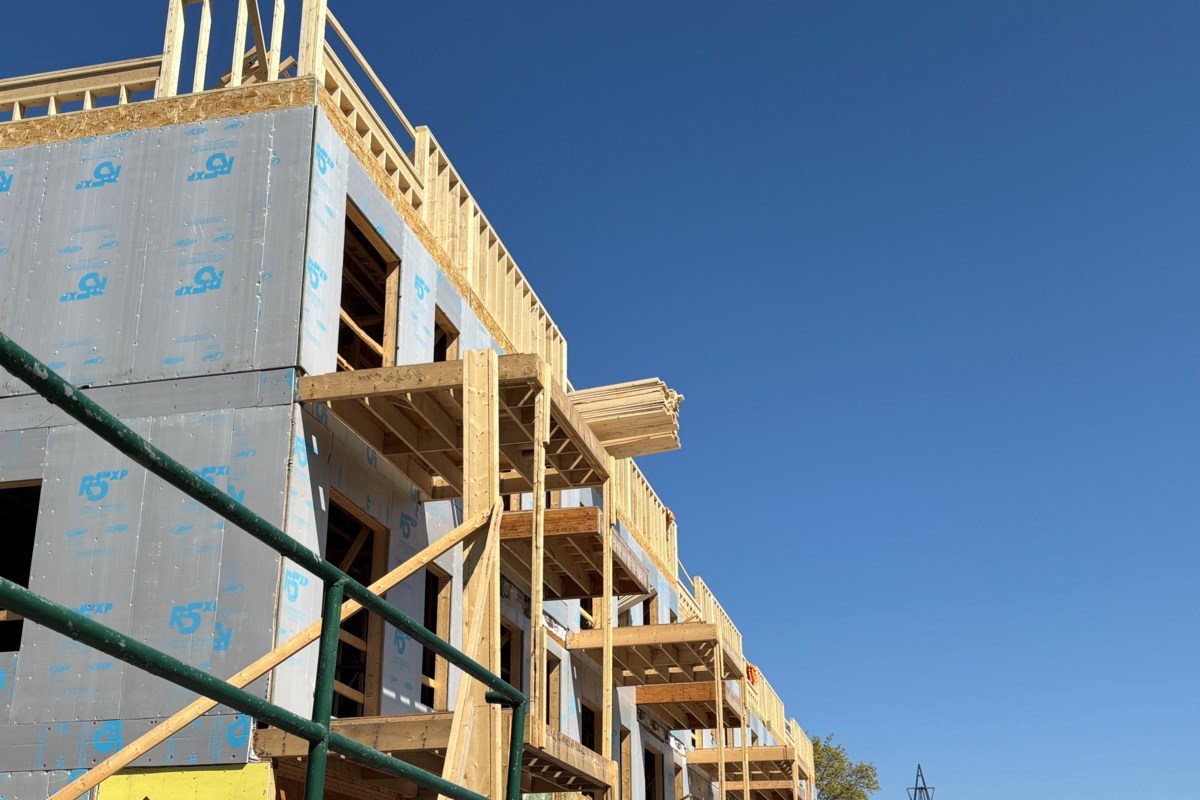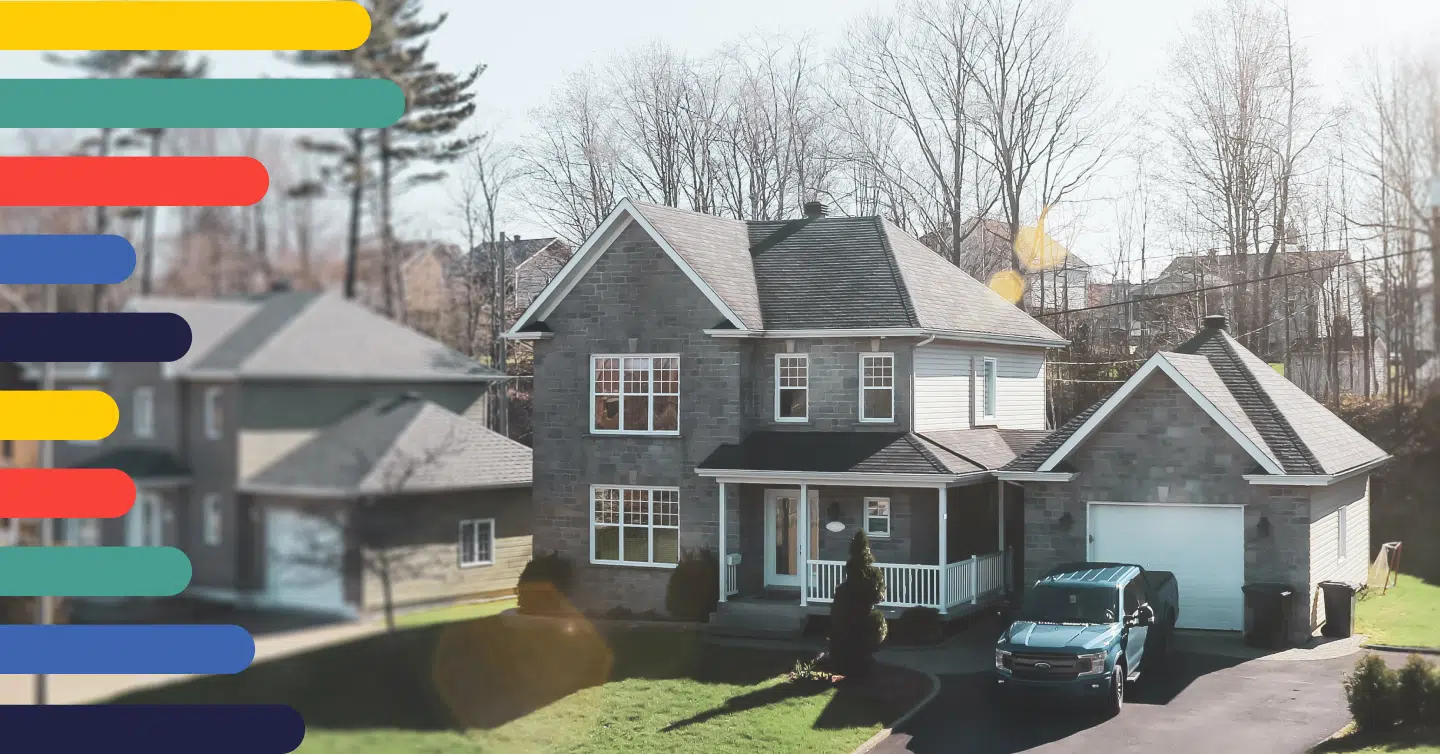How many Canadians are "rural folks"?
Accordint to Statistics Canada, in 2021, there were 5,957,695 rural persons.
Explore data, analyses and tools focused on the vibrant rural and small town communities and regions of Canada.

www.statcan.gc.ca
As far as who subsidises who, The City of Mississauga has been trying to get a divorce from The Region of Peel for decades.
As they prepared late last year to celebrate Mississauga’s impending 50th birthday, those who run the city came closer than any of their predecessors ever did to gifting the municipality what it has wanted most for decades — political independence from the Region of Peel. In fact, for a few...

www.insauga.com










